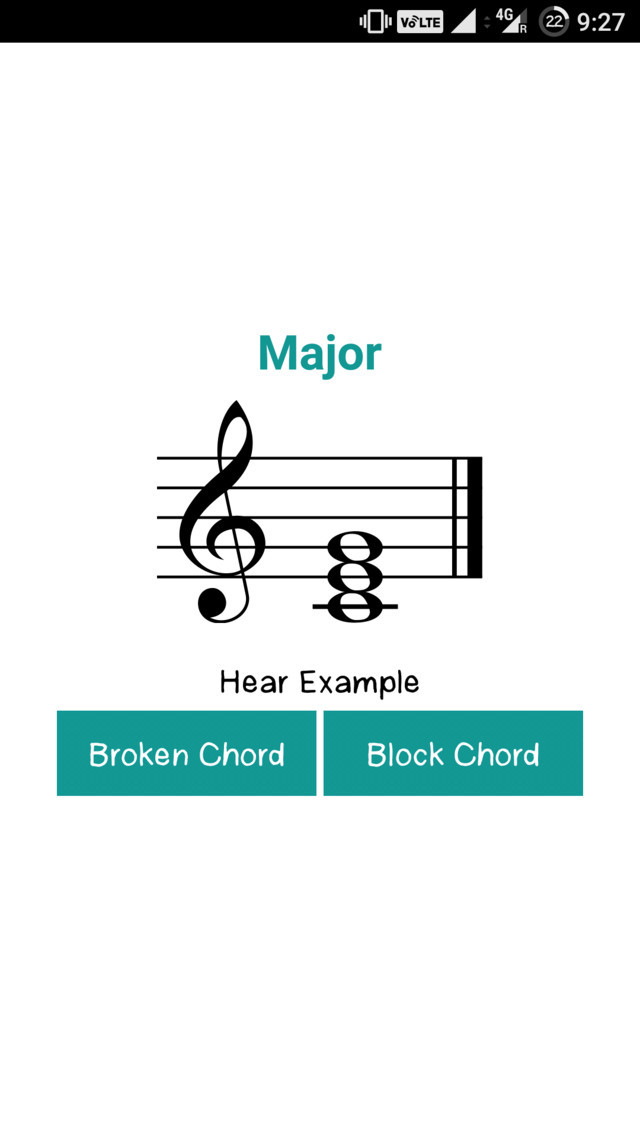

You’ll find yourself getting better at these exercises fairly quickly (within days or weeks, depending on how often you do them). We can get started with a few simple exercises that are a lot of fun. But improvising doesn’t have to be difficult or complicated. Perhaps you’ve tried improvising or soloing and the results were… uninspiring. Now, if you’ve never improvised before, this might seem pretty daunting. The difference is of course, that you’re not repeating notes you hear on a recording, but playing the notes you come up with yourself. Improvisation is another excellent way to strengthen that connection between your head and your hands. The order is not random: this is the best order for guitarists who want ear training to benefit them in their day-to-day playing. So, up next we’ll discuss 9 different ways to train your ears.

This is super, super powerful and incredibly useful.
#MUSICAL EAR TRAINER HOW TO#
Your intuitive sense of how to play something will merge with your theoretical understanding of what that thing is. And if you know your fretboard well enough, that will help you connect what you heard to music theory. For example, you might hear two chords and immediately have a sense of how you’d play that on the guitar fretboard. And when you hear a melody in your head, you’ll ‘just know’ what frets you need to play to get that melody out of your guitar.įinally, developing these two skills will help you a lot when you start to work on skill #3 more, recognising musical elements. You can’t help but hear music in more detail than non-musicians with less fine-tuned ears. That means that as you develop them they’re ‘always on’. These are skills you’ll use all the time when you’re working on a new song at home, jamming in the rehearsal room or playing a solo on stage.Īnother cool thing about these skills is that they’re largely intuitive. It makes sense to start our ear training by focusing on becoming better listeners and hearing in more detail (skill #1) and reproducing the things we hear (playing by ear, skill #2).Įspecially as guitar players, these two skills are very useful and rewarding to learn. This isn’t to help them speak their language (they already know how), but to give them a better understanding of what they’re doing and to get rid of lingering mistakes. Once kids are fluent and speak a language almost perfectly, they start learning about grammar.Fairly quickly though, they start to form their first words, which turn into simple sentences until eventually they’re fluent speakers. After that, they start trying to reproduce the sounds they hear.

For the first 6 to 12 months of their lives, they listen to all the sounds around them.When kids learn to speak their native language, they go through three stages.


 0 kommentar(er)
0 kommentar(er)
